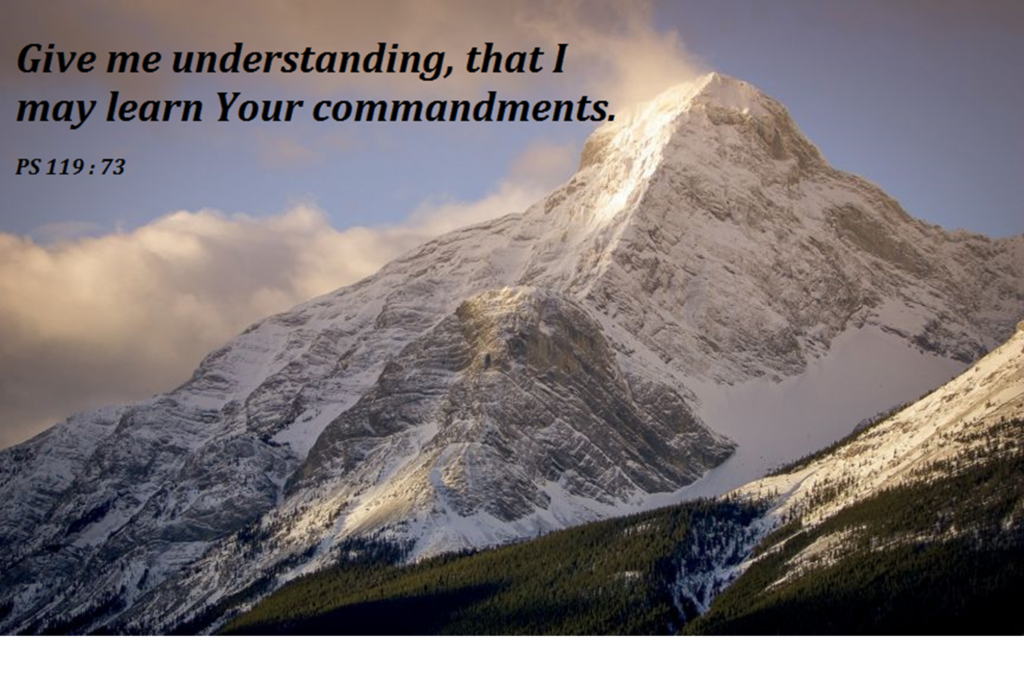Written By Les Allan – July 26, 2023
Ohio Christian University

Old Testament Genre Discussion
When we, as students, interpret the Bible, the genre is an essential factor to consider. However, it is not necessarily the first thing to focus on. As highlighted by numerous Biblical scholars and former professors, it is indisputable that context is the foremost and the pivotal principle for precise interpretation. Remember, under no circumstance should the meaning of the text be altered, nor should any new information, sentences, or paragraphs be added, or crucial data removed. The same level of formality style utilized in the original text must be maintained in the rewriting process. To fully grasp the meaning of a passage, it’s important to examine various aspects of the original text, such as the historical, social, political, religious, and literary context. Genre is one aspect of the literary context that can help us, as students, better understand the meaning of a passage.
This discussion allows us students to focus on the Book of Jonah (Jonah, ESV) and the identification and significance of the genres found within the written text. Recognizing the genre is an essential part of interpreting any Book of the Bible and one of the keys to understanding the Book of Jonah and the message contained within this Book of the Bible. This understanding of the genre is essential because it provides a frame of reference that the reader interprets and uses that is found within the text. When the genre is misinterpreted or misconstrued, the results can be catastrophic.
Jonah is best known as a fictional story that scholars and others have characterized as a “novella” (Klooster, 2019), as this Book is almost entirely narrative, the only exception being the poem in the second chapter of the Book of Jonah 2:1-9 (ESV): This poem and Jonah’s prayer can be found in the second chapter of the Book of Jonah (Jonah 2, ESV); the poem reads:
Then Jonah prayed to the Lord his God from the belly of the fish, saying,
“I called out to the Lord, out of my distress, and he answered me; out of the belly of Sheol I cried, and you heard my voice. For you cast me into the deep, into the heart of the seas, and the flood surrounded me; all your waves and your billows passed over me. Then I said, ‘I am driven away from your sight; yet I shall again look upon your holy temple.’ The waters closed in over me to take my life; the deep surrounded me; weeds were wrapped about my head at the roots of the mountains. I went down to the land whose bars closed upon me forever; yet you brought up my life from the pit, O Lord my God. When my life was fainting away, I remembered the Lord, and my prayer came to you, into your holy temple. Those who pay regard to vain idols forsake their hope of steadfast love. But I, with the voice of thanksgiving will sacrifice to you; what I have vowed I will pay. Salvation belongs to the Lord!” (Jonah 2:1-9, ESV).
The Book of Jonah includes not only narrative genres but also incorporates poetic genres found in other Books of the Bible. One passage in Jonah where the genre plays an important role is the prayer of Jonah in chapter 2 (Jonah 2, ESV). This prayer is a psalm of thanksgiving, a genre that typically expresses gratitude to God for delivering the speaker from a perilous situation. However, in the context of Jonah, this genre is ironic and subversive because Jonah is not truly thankful or repentant, but somewhat resentful and defiant. He praises God for saving him from the fish, but he does not acknowledge his own disobedience or God’s mercy to the Ninevites. He quotes from other Psalms, but does not apply them to his own situation or God’s universal sovereignty. He vows to sacrifice to God, but does not follow through on his promise. Thus, the genre of the prayer reveals the contrast between Jonah’s superficial piety and God’s genuine compassion and challenges the reader to examine their own attitude towards God and others.
One passage in Jonah where the genre plays an important role is the prayer of Jonah in chapter 2 (ESV). This prayer is a Psalm of thanksgiving, a genre that typically expresses gratitude to God for delivering the speaker from a perilous situation. The prayer follows the structure and language of other thanksgiving Psalms, such as Psalm 30 and Psalm 116 (Psalm 30, 116, ESV). However, the prayer also reveals some irony and tension in the story of Jonah, as the prophet thanks God for saving him from the sea, but does not acknowledge his disobedience or repent of his attitude towards Nineveh. The prayer also contrasts with the sailors’ response in chapter one (Jonah 1, ESV), who fear God and offer sacrifices after witnessing the storm and the fish. The prayer genre helps us analyze this passage as a critique of Jonah’s self-righteousness and a foreshadowing of his anger in chapter four (Jonah 4, ESV).
Blessings,
Lesallan
References:
Klooster, M. (2019). The Literary Genre of the Book of Jonah. BA Thesis. https://www.academia.edu/44204800/The_Literary_Genre_of_the_Book_of_Jonah
D. Brent Sandy, & Giese, R. L. (1995). Cracking Old Testament Codes. B&H Publishing Group.



